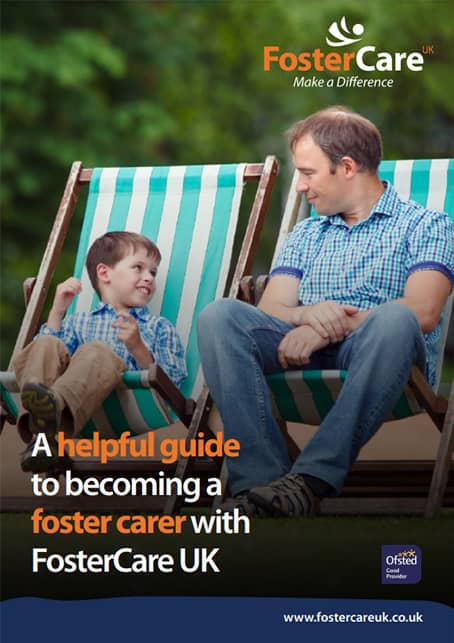


What happens when a child is taken into care?
Benefits of being a foster parent
What is a care leaver?
How to become a foster parent
How to foster a child
What are the foster care requirements
Can I choose who I foster?
Fostering with pets FAQ
How long does it take to become a foster parent?
What is the role of an independent fostering agency?
Fostering a disabled child
Tips for coping when foster placements end
Do foster carers pay tax?
What to expect in a fostering assessment
Common Fostering Challenges and Solutions
What disqualifies you from being a foster carer?
Muslim Fostering
Fostering as a single parent
Can you foster a child with a criminal record?
Can you work and foster?
Top 10 fostering myths
Can I foster if…?
Can I foster and rent?
LGBT Fostering: can I foster if I’m gay
Top transferable skills to become a foster carer
Can you foster with a mental health condition?
Christian Fostering
Sikh Fostering
Cultural Diversity in Foster Care
How to encourage foster children to read
Reasons for a child to be taken into care
Tips for coping with attachment disorders in Foster Children
Fostering vs Adoption
What happens when foster parents get divorced?
What is reunification in foster care?
How to deal with foster child bullying
A guide to the foster care handbook
Guide to fostering young children
Types of self-harm
A guide to fostering teenagers
What are the signs of depression in foster children?
When researching the foster care process, the thought of having to complete a fostering assessment can be daunting. It’s important to remember that although it’s a thorough process, its main purpose is to allow us to get to know you and determine what type of foster carer you’d be.
In this guide, we’ll explain the main steps involved in the fostering assessment process here at FosterCare UK, along with the common questions you’ll likely be asked during the final stage of your assessment, the fostering panel interview.
The first step of the foster care assessment is the initial home visit. This is where we get to know you – it will have a more casual feel. This is the point where we make sure you fit the foster care requirements, and make sure your home is suitable for your new foster child.
The initial home visit is attended by one of our fostering recruitment agents, and possibly a social worker and manager. From your side, the main carer and or partner will need to attend the visit, and you can include other household members, such as older children.
Some of the questions that could be included in the home visit could include;
After the initial home visit, if both you and the assessing team agree to move to the next stage of the assessment, you and your social worker will work together to complete the Form F assessment. This is a document that will explain why you want to become a foster carer and provide proof that you are a suitable candidate. It’ll drill down further into the questions asked in the initial home visit as well as include planned meetings to gather and share information.
The Form F Assessment will include a number of checks and references including;
If you have any questions about fostering, simply fill in the contact form. Or if you’re ready to begin fostering? Get in touch with us today to start your fostering journey.
If you’ve got any questions or would like to find out more about fostering with Capstone, fill out the form below.
An experienced fostering advisor from your local area will then be in touch.

Start the conversation today. Our team of friendly advisors are on hand to answer any foster care questions you may have. We can offer you honest and practical advice that can help you decide if becoming a foster carer is the right path for you.


